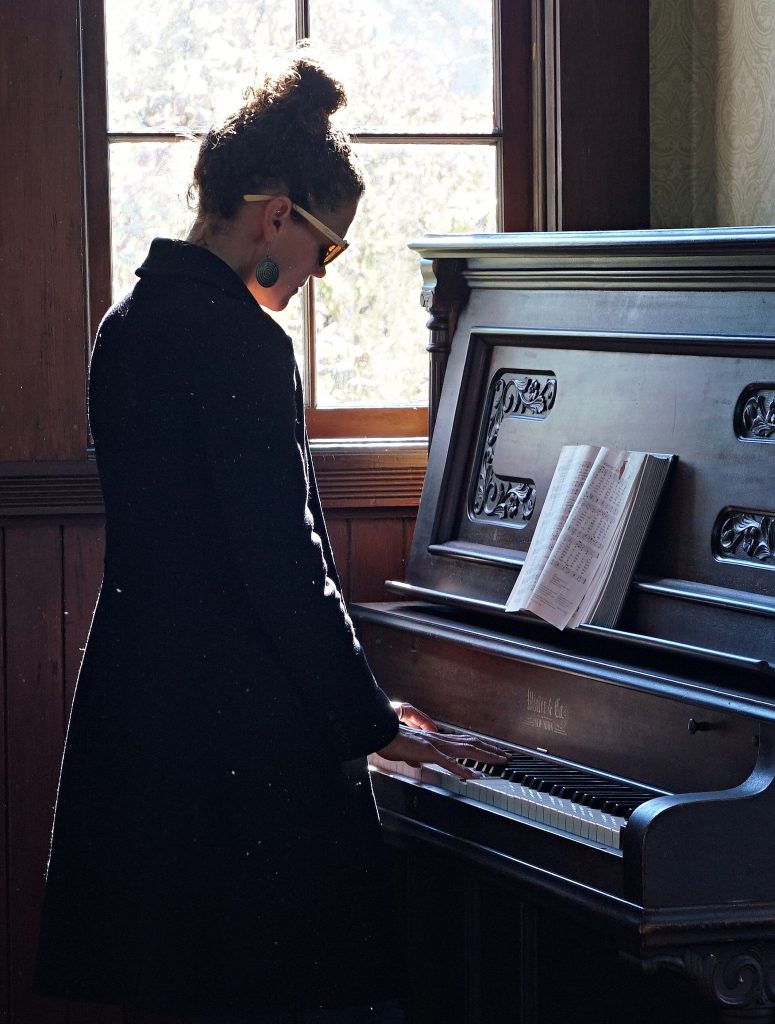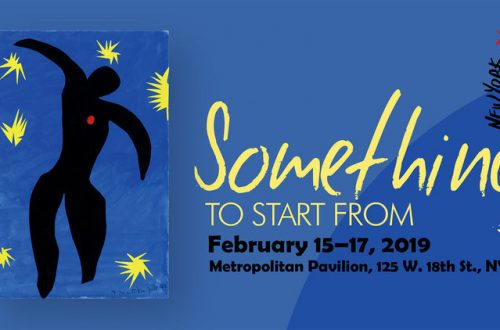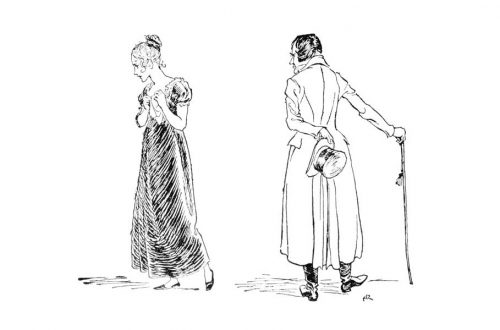by Janine Arthur
I was sitting at home, coffee in
When people hear the name Mary Oliver, usually they think of her as a nature poet. Of course, that wouldn’t be incorrect. She has graced us with poems about birds, trees and flowers of all varieties, poems about each of the seasons, about morning, evening, rain, ponds and the fish that swim in them. She published an entire book of poems about her dogs. Mary walked through this world with a notebook and pen in her pocket, writing down her observations about the natural world. But what she did for many of us was simply teach us to pay attention. She taught us that maybe, somehow, by observing this world, we might learn a little something about how we should live in it and how we should live with and love our brothers and sisters.
If you’re a fan of Mary Oliver, you might remember a poem or a line from a poem that hooked you. I remember that moment because it started in tears and ended in heaving sobs. Mary spoke into my loneliness. At that time, I was in my mid-20’s and going through a particularly rough patch in life. In my teenage years, my battle with depression began. And years later, recently having graduated from college, newly married, in the midst of raising two very young children (with a third on the way), life felt overwhelming again. I found that in the midst of the intense joys of raising two energetic boys, there was a sadness and an emptiness that I just couldn’t quite shake. I was struggling with feelings that I had a hard time even articulating. There were so many questions. How could I be a good enough mother for these kids? How could I teach them all that they needed to know before they left our home? Was I doing anything right? There were certainly days that I felt pride in the job that I was doing, but there were plenty of days when I felt that I could never be enough. It woke me up in the night. I was a stay at home mama. I was baking from scratch, cooking healthy meals, cloth-diapering, spending a lot of time outdoors with our boys, reading countless books to them as they sat on my lap, telling bedtime stories, bandaging wounds, giving hugs, teaching them about Jesus and quite frankly, exhausting myself in the work of being the best mother and wife that I could be. But time was moving too quickly. I felt a weight on my chest and I was desperate for answers. I couldn’t get myself out from under the feeling of what I later came to name as despair.
A dear friend who knew my struggles found a poem in the local newspaper. He clipped it out, and on one sunny fall afternoon, he brought it to our house and took it upon himself to read it to me, line by line, pausing at just the right moments. He asked me to pay very close attention. I did. I closed my eyes as he read to me the poem “Wild Geese.”
I liked the first line, but I was skeptical. I don’t have to be good? I only have to let the soft animal of my body love what it loves? Quite frankly, I wasn’t sure this was helpful. And then came that line about despair that caused my eyes to fill with tears.
Tell me about despair, yours, and I will tell you mine.
My friend read that line slowly and deliberately. Mary Oliver was asking me to name the despair that I was feeling and to share it. In turn, she would share hers. There is so much beauty wrapped up in that single line. It was exactly what I had been longing for. So often in this beautiful and terrible world, we forget to talk about our despair. We choose not to share the things that weigh so heavily on our hearts. Or maybe we try to push it all down and hope it will go away if we stay busy. Perhaps we think it too much for others to bear. And if we’re honest, we probably don’t want to ask that people share their darkness or despair with us either. It’s all so heavy and uncomfortable. Who wants to talk about it? But it was that line that caused me to fall for Mary Oliver.
Then, with the next breath of the poem, in one word, “meanwhile,” she shifted gears and took me into a beautiful description of the truth. The world goes on. No matter what we’re feeling, outside of ourselves and our despair, there are mountains and sunsets, there’s rain falling and it’s moving across this big and beautiful world that we live in. And there’s more. This is the end of the poem:
Meanwhile the wild geese, high in the clean blue air,
are heading home again.
Whoever you are, no matter how lonely,
the world offers itself to your imagination,
calls to you like the wild geese, harsh and exciting
over and over announcing your place
in the family of things.
When my dear friend finished reading the poem, my head was on the counter and I was sobbing, my shoulders rising and falling quickly as the hot tears dripped onto my dirty floor. The loneliness I was feeling was seen. Someone understood. Right smack in the midst of the fire of raising babies and keeping a home, a flock of wild geese showed me the way. In the middle of my despair, Mary woke me up. My friend introduced me to a new friend, one who reminded me that the world, though dark and lonely and full of despair, was still offering itself to me every day, harsh and exciting. All I had to do was pay attention and keep believing that I belonged here. Was it truly that simple?
After years of reading her poetry, I’ve come to believe that it truly is that simple. In her poem, “Sometimes,” Mary boils it down to just three simple instructions for living this life:
Pay attention.
Be astonished.
Tell about it.
What I’m up to now is the business of paying attention. I own almost every volume of poetry and prose that Mary has published. Many days when I’m out running the forest trails near our home, one of her poems (or just a line) will come to me. It’s a beautiful thing. I’ve read hundreds and memorized dozens of her simple masterpieces. These days, I’m still a stay at home mama, still baking from scratch, thankfully done with diapers, raising two teenagers and one son who is soon to turn eleven years old. I recently completed my 40th trip around the sun, which is astonishing to me. I won’t say that I don’t still battle depression or that the demon of despair has left my side, but I will say that I’m paying attention.
When you read any of Mary’s poems, I suggest that you read them slowly and ask, “What is she trying to teach me about a life well-lived? What beauty is contained here? How is she pointing me to the truth?” But above all, pay attention. Pay attention to the words that you read. Pay attention to the mundane moments that are, in fact, sacred. Pay attention to your children. Pay attention to the drops of rain sliding down your car window. Pay attention to the 500 different shades of green. Pay attention to your dog, your husband, your wife, the wild turkey crossing the street, the mighty oak tree that recently fell in your neighborhood. Pay attention to the tea kettle as it whistles, to the way the light plays into your living room on a sunny day. Pay attention to the color of your coffee and the steam that rises from your cup. Pay attention to the sound of the wind blowing through your wind chime or the maple tree outside your bedroom window. Listen closely to the joyful noise of a baby laughing. Pay attention.
These days, when I’m out for a walk and I hear the wild geese honking, on their way home, I pay attention. I look up to see them, thankful for their message. I have a place in this family of things. No matter how lonely, I have a home. And an imagination. And so do you.
Thank you, Mary Oliver, for all the words you’ve shared, for each poem carefully crafted, for the hope and joy and mystery that you offered to this weary world.
Mary Oliver was a Pulitzer Prize winning American poet. She passed away January 17th 2019. Click here to read the complete text of Mary Oliver’s “Wild Geese” or to learn more about her poetry at the American Academy of Poets.

Janine Arthur is a native Oregonian “still living here after 40 years of rainy winters.” She is a stay at home mom to three boys and a lover of U2, running, good poetry, being outdoors and spending time with family. She graduated from Oregon State University with a degree in English and has been reading her way through life ever since.






8 Comments
Jen B.
Oh, my. How beautiful. Your writing moved me to tears. I’m going to read more of Mary Oliver’s poetry right now.
Millie S
Oh, Janine. Your heart is so beautiful; and your words, and Mary’s, are exactly what I needed this morning, this lonely season. Tears and hugs and thank you for writing this.
Prysm
Beautiful truth, beautifully stated.
Avie M
Lovely!
Tricia
Thank you Janine for sharing your heart and encouraging all of us!
Nic
This was the equivalent of butter on bread. Thank you.
Jon
Just heard this from Bill Murray and reminded me of this article.
Art museums should be public, open and free if at all possible — so people can wander in and perhaps be saved.
https://youtu.be/8eOIcWB7jSA
Mary Lee
Janine, I loved your call to “pay attention to the mundane moments that are, in fact, sacred.” Our experience of beauty, even the beauty of (seemingly) mundane moments like the ones you list, does point to something more. As C.S. Lewis aptly put it: “the inside is bigger than the outside” (The Last Battle).